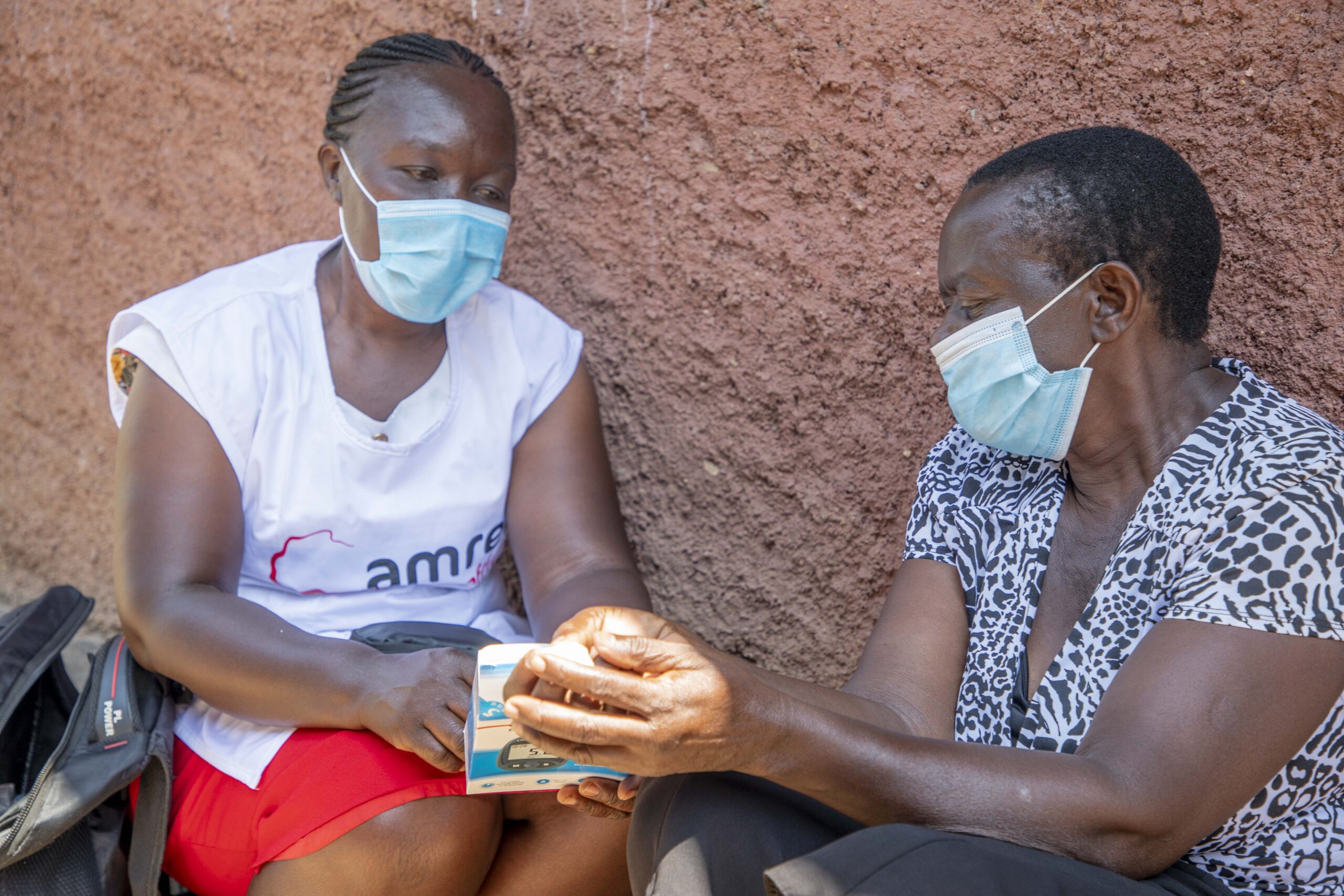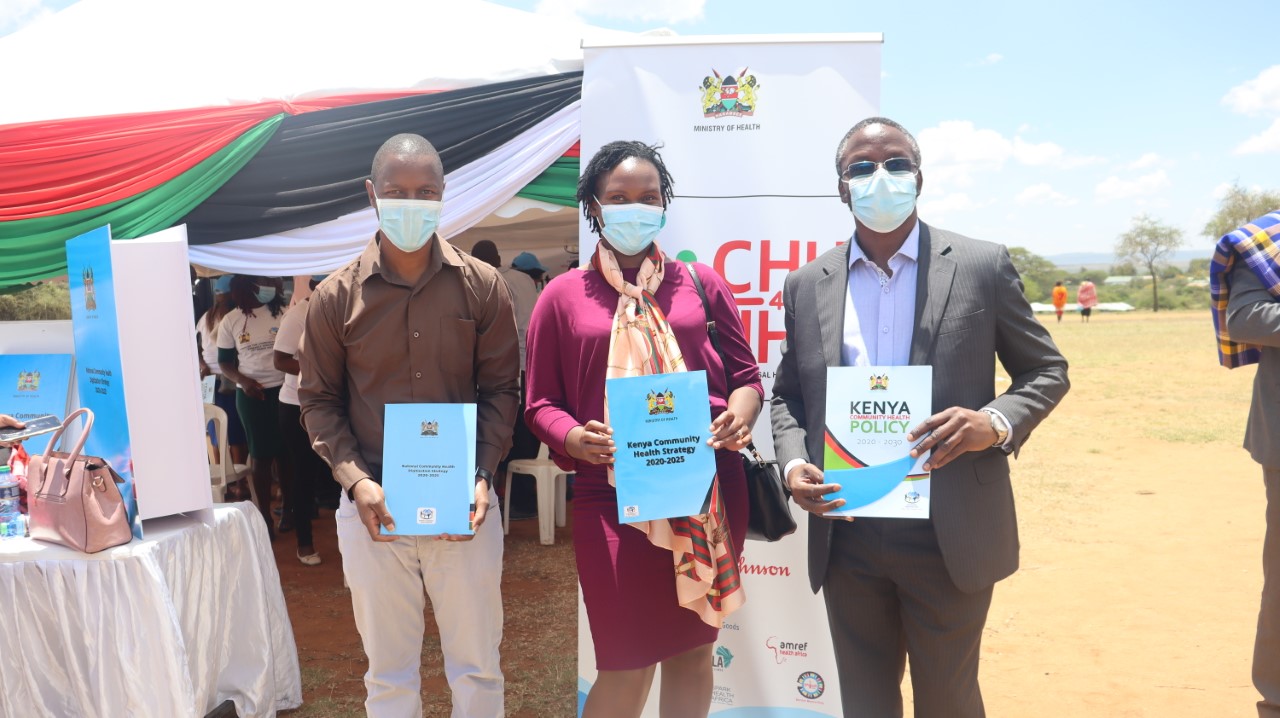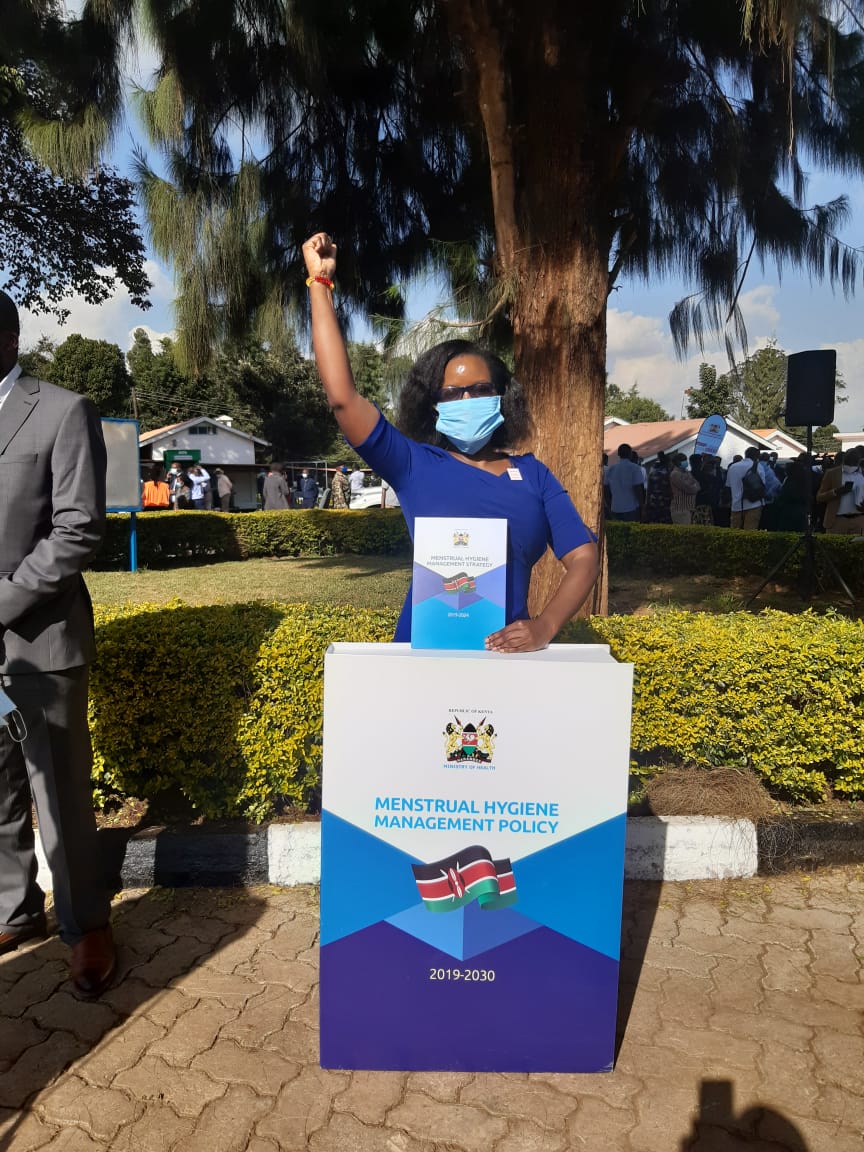Restoring Dignity: A Fistula Surgeon’s Perspective
Monday, 5 August, 2019

Dr Anthony Wanjala, 35, is an Obstetrician-Gynaecologist, Fistula Surgeon and Head of the Department of Reproductive Health at Kapenguria County Teaching and Referral Hospital, in West Pokot County.
He describes himself as a medical doctor with immense passion for maternal health and seeks to have women’s reproductive health rights prioritised and promoted. Having served as a practicing surgeon for seven years now, his motivation and mentorship was drawn from gynaecologists Dr Sarah Cichowski and Dr Kays Muruka as well as expert Fistula Surgeon, Dr Mabeya.
“My most fulfilling moments in my work as a Fistula Surgeon are when patients fully recover post-repair and I see their tears of joy, as well as those of their families and friends.”
Courtesy of his work as Fistula surgeon, Dr Wanjala has traversed the world and had opportunities to build his experience by interacting with top experts. He notes that hard work, passion, dedication and a continuous positive attitude are a common denominator for any Fistula surgeon.
“Any procedure in this line of work has varying outcomes, both positive and negative. Due to the costly treatment of Fistula, some patients end up staying in hospital longer than expected and at times doctors spend their own resources to ensure the patients’ welfare.”
“In order to eradicate fistula, there is need to look into the incentivitisation of hospital deliveries and promotion of access to health facilities across the country. There is also need to train more fistula surgeons and equip them with quality modern equipment,” he says.
Dr Wanjala lauds Amref Health Africa for offering him a frontline opportunity to take care of fistula patients especially in remote areas such as the two major refugee camps in Kenya – Kakuma and Dadaab – among other places.
“The partnerships that Amref has forged with County governments have had a positive impact on health promotion and well-being of the general population,” he adds.
Dr Wanjala started working with Amref Health Africa in Kenya’s Outreach Programme in September 2016 and has provided corrective surgery services to over 250 fistula patients and over 300 gynaecological cases. He notes that fistula remains a major public health burden due to poor health systems currently in place unlike in the West where fistula was eliminated ages ago.
“Cultural practices such as early marriages for girls and dissuasion of women from using family planning are a major hindrance to the elimination of Fistula and should be done away with,” she says.
In order to meet the ever growing need for services to Fistula patients, Dr Wanjala suggests that fistula training be emphasised across all Obstetrics/Gynaecology programs to enable practitioners carry out simple repairs. With only 12 practicing Fistula surgeons in the country, this is an indication of how urgently this intervention is needed.
“We should be working towards the eradication of obstetric fistula. This calls for concerted efforts between government, nongovernmental organisations and other institutions to align goals and pursue this agenda,” Dr Wanjala concludes.
Amref Health Africa believes that greater and lasting impact will only be achieved through promoting a health systems approach to managing and ending fistula. To achieve this, it is critical to scale up integrated prevention interventions through an increase in utilisation and access to quality emergency obstetric care, and community education and sensitisation to advocate for women’s health and rights to access care as needed, as well as the reintegration of fistula champions back into the society.
Amref Health Africa teams up with African communities to create lasting health change.




